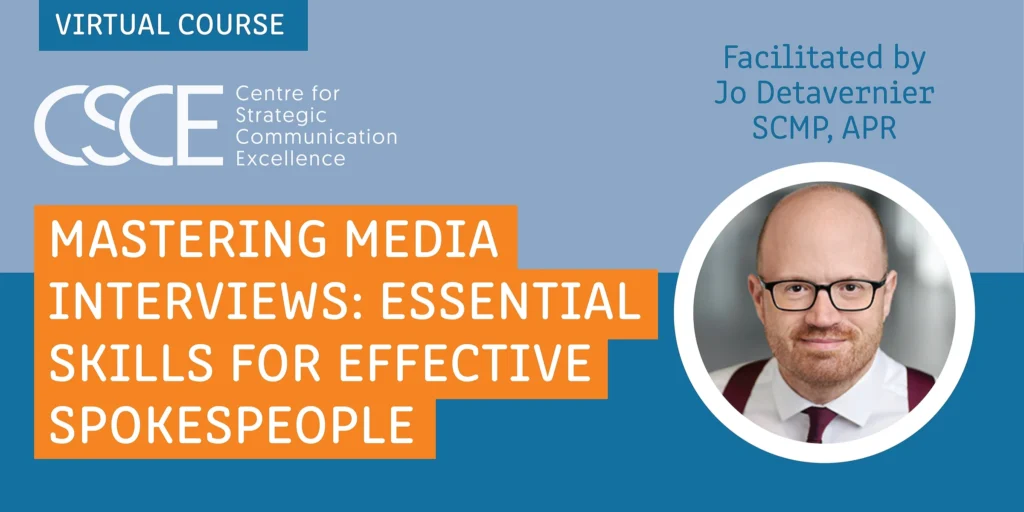The elusive nature of communication research and measurement is one that challenges even the most experienced communication professional.
Measuring the impact of intangibles on business results is more science than art. It often means that you need to draw a line of sight for executives between what the research said, how you applied it to your strategy and what the outcome was.
The truth is that measurement matters. It matters to business leaders. It matters to employees. It matters to the customers and other stakeholders. It matters to your ability to demonstrate the value of communication.
There’s plenty of research-based evidence that proves how important measurement is to business results.
Towers Watson has tracked the relationship between internal communication, change management and business success for a decade. In my books that’s enough time to deliver substantive evidence that great communication and business success are wildly compatible partners.
The Towers Watson ROI study in 2014 shows that “companies with high effectiveness in change management and communication are three and a half times more likely to significantly outperform their peers.”
Strategic communication has a halo effect on business results, touching almost every area of operation. Looking at the trend lines from 2003 on, the Towers Watson findings are progressively insightful, building the business case for communication professionals to join the executive ranks.
In 2003, research concluded that companies with highly effective communication delivered a 26 per cent return to shareholders in comparison to 15 per cent for those with less effective communication. In 2005 the return to shareholders was 57 per cent higher for companies with great communication practices.
Strategic communication has a halo effect on business results, touching almost every area of operation.
The 2011 conclusions said, “Organizations with highly effective communication and change management practices are more than twice as likely to significantly outperform their peers.”
The 2014 Ketchum Leadership Communication Monitor explored the perceptions of over 6,500 people in 13 countries on five continents. Researchers looked at effective leadership, effective communication and the link between the two. Here’s what they found.
Consumers are disillusioned with leaders across all sectors. Only 22 percent of those surveyed felt leaders are demonstrating effective leadership. No surprise, open, transparent is the top-ranking attribute for effective leadership.
Some 74 per cent said effective communication is very important to great leadership yet only 29 per cent felt that leaders communicate effectively.
The report said, “This gap has substantial commercial implications. A clear majority of respondents boycotted or bought less from a company during the past 12 months due to poor leadership. Far fewer started buying or purchased more as a result of positive leadership perceptions.”
Edelman’s global brandshare™ 2014 report says that the majority of people believe that their relationships with brands is one-sided. 70 per cent of those surveyed said they believe that when brands engage they are motivated exclusively by a desire to increase profits rather than a commitment to people, and 87 per cent want meaningful interactions.
The report says, “Data shows that collectively meeting emotional and rational needs more successfully drives people to act. When brands meet these combined emotional and rational needs, people are more likely to purchase (9 per cent increase, recommend (11 per cent increase) and defend the brand (5 per cent increase) than if only their emotional needs are met.
People are the backbone of communication, and they are the most important factor in determining whether or not the organisation will succeed. How they engage, what they think and how they behave is influenced by specific, targeted, meaningful communication that’s informed by research and measured against benchmarks. Otherwise, it’s like shooting an arrow at a target in the dark hoping to hit the bull’s eye.
We can’t afford to be hit-or-miss. We need research to inform strategic planning, benchmarks to show where we started and a measurement plan to demonstrate the impact that communication has on business results.
Research and measurement makes the value of strategic communication a tangible business asset.






